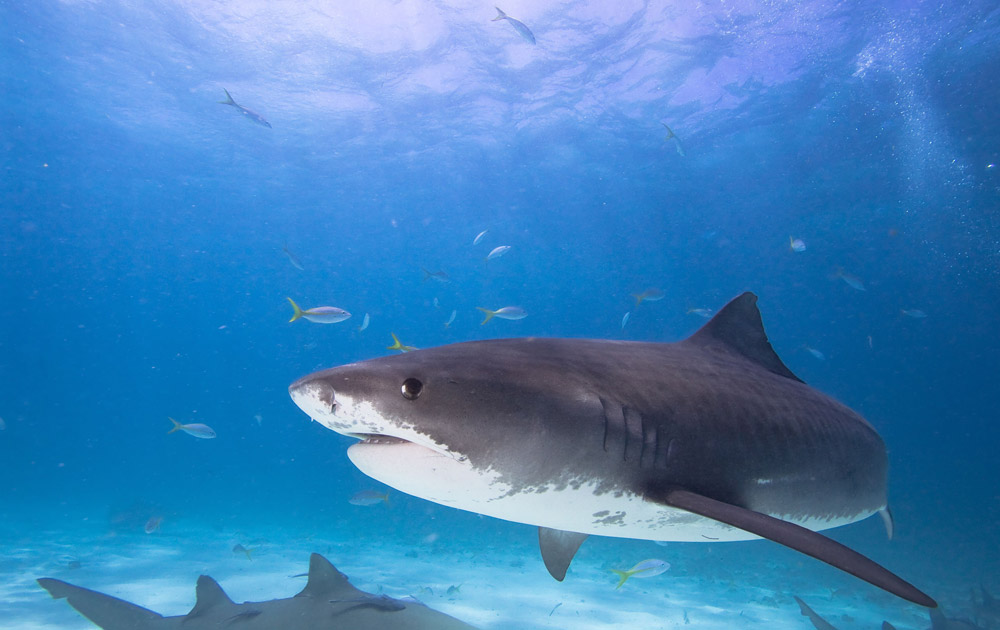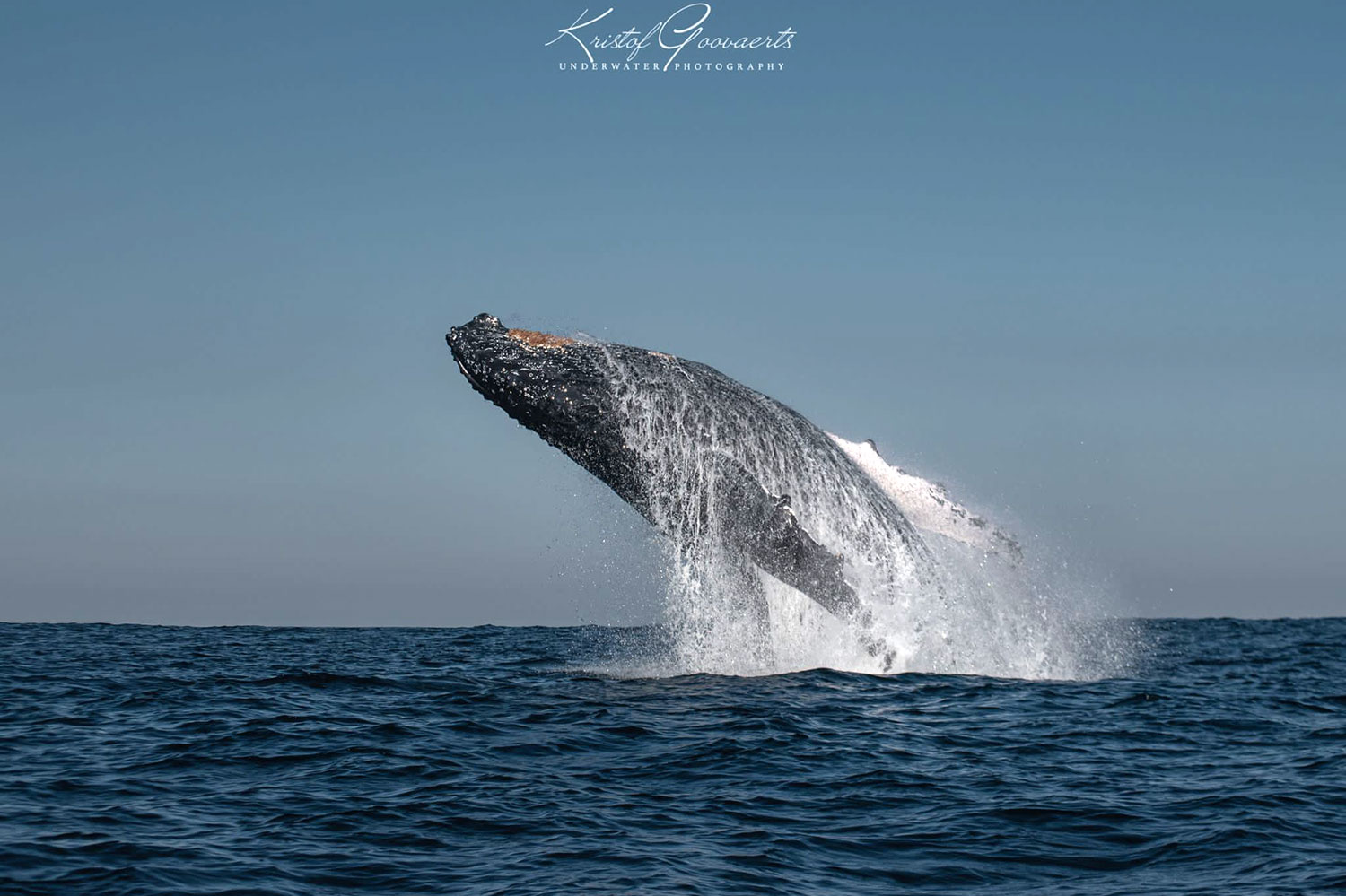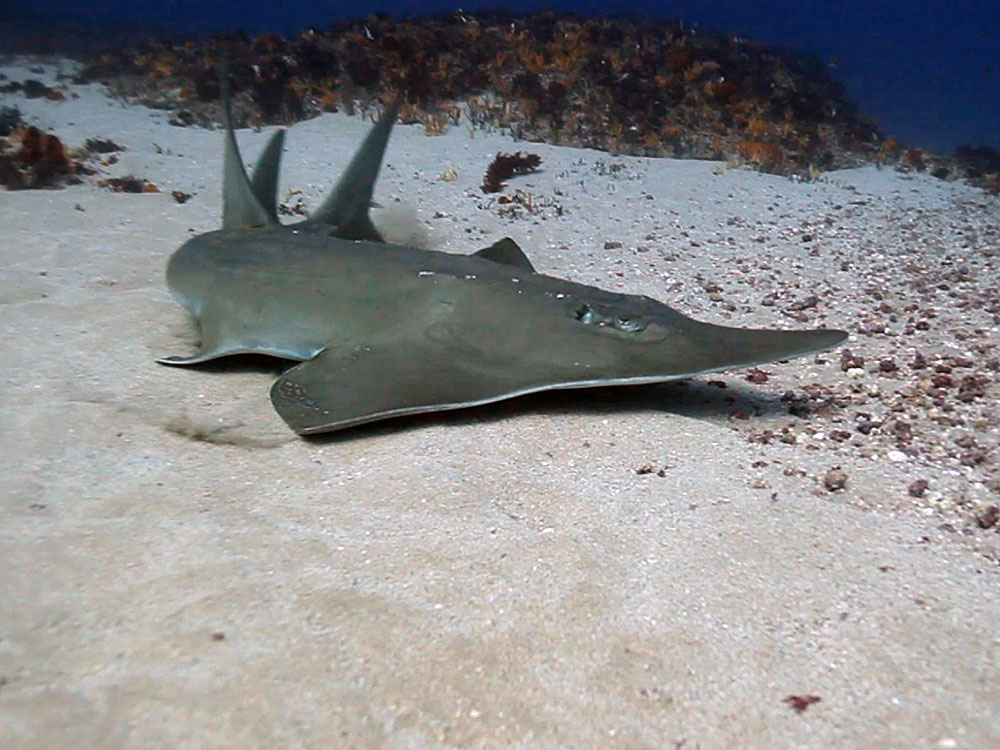The coastal waters off of South Africa are teeming with wildlife and incredible experiences for divers. The diving industry in the nation has grown recently – due in large part to people who want a first-hand look at the over 130 marine life species in the region. For the adventurous, braving open water, sharks, and strong currents are among just a few of the challenges divers willingly face every time they jump into the ocean. Beyond that, divers need to stay in peak physical condition and have the wherewithal to be on the lookout for potential dangers in order to have a successful dive. All these factors to consider are what make an activity like this tailor-made for rugged South African adventure seekers.
Man vs. Ocean
In order to be able to conquer the physical challenges that deep sea diving requires, hardcore divers must make the time to maintain a healthy body above sea level. Regular exercise is a vital component to a diver’s life, and having the right exercise equipment is often as important as the workout itself. Stationary bikes are a great way for divers to keep their legs in shape when they aren’t in the water. Running, or other cardio exercise also helps maintain healthy lungs and core muscles, which are vital when swimming.
Things can go wrong while diving in open water, and your first defense against the elements is having a strong and healthy body. This also means paying close attention to the nutrients you use to fuel your body, both through a healthy diet and responsible use of the right supplements. Survival in the ocean often depends on your ability to swim and keep your head above water for long periods of time until help arrives, and being in peak physical condition can buy you valuable extra time if you find yourself in a precarious situation in the water.
Mental Toughness
Many deep sea divers will tell you that the most challenging aspects of being in the water aren’t the physical strains, but the mental ones. One of the necessities of a safe dive is staying calm in dangerous situations. Often times, divers find themselves face-to-face with the natural wildlife that lives in the ocean. Most encounters are relatively harmless, but every once in a while, a curious shark will swim too close for comfort. Interestingly enough, sharks can sense a racing human heartbeat, which makes staying calm during an encounter even more important. Despite this, shark attacks are still extremely rare, but underestimating them is ill-advised.
Along with dealing with deep sea predators, your own mind is capable of playing tricks on you in the water. It’s not uncommon, even for experienced divers to have panic attacks, anxiety, claustrophobia, and disorientation when underwater. For reasons like this, it’s always recommended that you never dive alone, and to stay within sight of your partner(s). If you feel yourself having any sort of difficulty staying focused on the dive, alert your companions and surface as soon as possible. The top priority for every dive should always be the safety of yourself and those around you.
Deep sea diving can be an incredible personal experience and an addictive hobby. Being at one with the ocean can help put you more in tune with nature, and add fresh perspective to any personal problems waiting for you on dry land. However, making sure that you’re physically and mentally prepared for the immense challenges it poses takes a serious commitment. But if you put the time in to master this activity, it’s rewards can be endless.
By Jennifer Dawson







